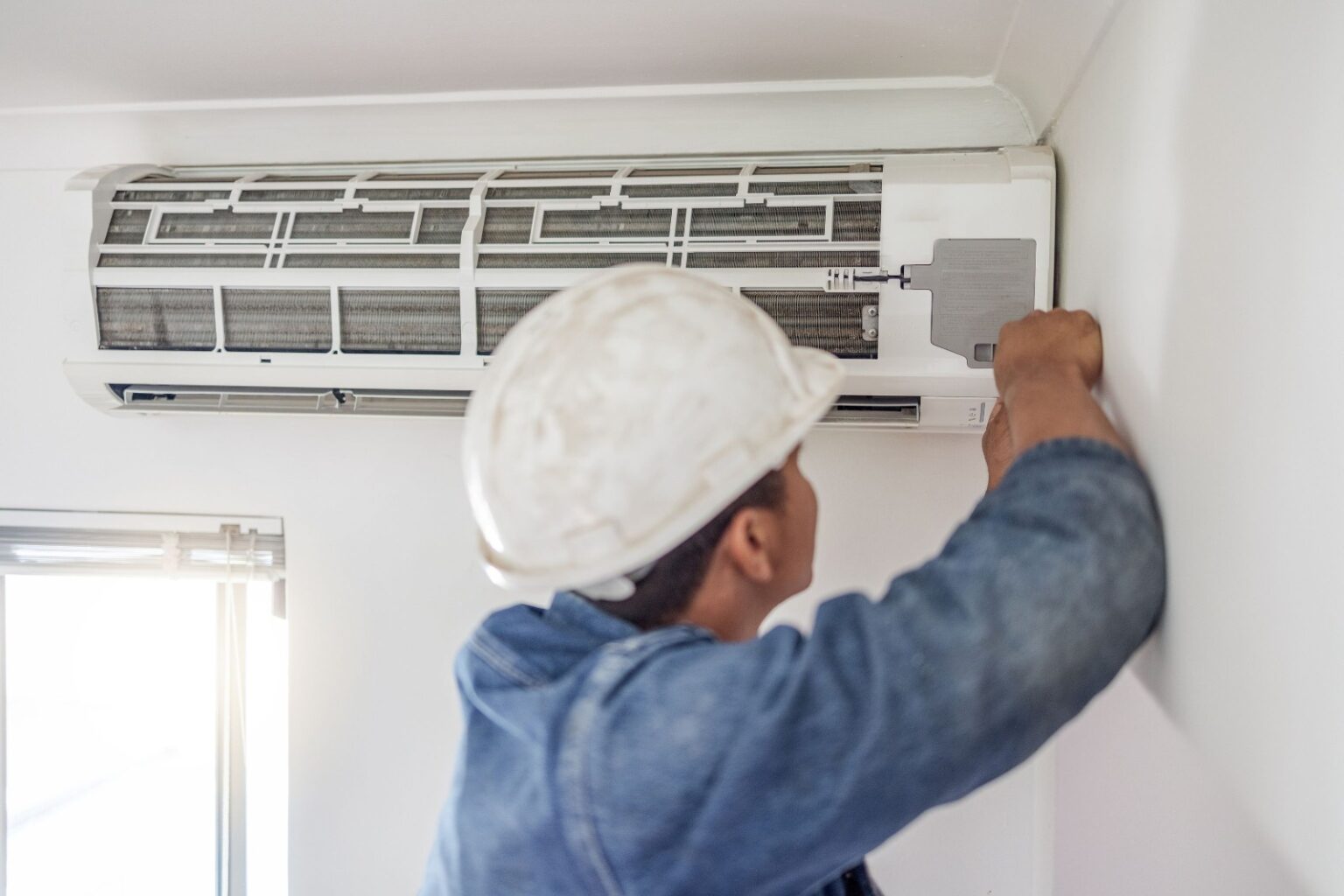
AC Cooling Problem? Here’s How to Get Your Unit Back to Chilling Perfection!
An air conditioning system is a blessing during hot and humid weather, but it can become a frustrating ordeal when it fails to cool your space effectively. If your AC is blowing warm air, not reaching the desired temperature, or struggling to cool the room, there are several potential causes behind the issue. In this comprehensive guide, we will explore common reasons for AC cooling problems and provide step-by-step solutions to help you troubleshoot and fix the issue. Before attempting any repairs, ensure your safety by turning off the power to the AC unit.
1. Dirty Air Filters:
One of the most common culprits behind an underperforming AC is dirty air filters. Over time, dust and debris accumulate on the filters, restricting airflow and reducing cooling efficiency. To fix this, turn off the AC, locate the air filters, and clean or replace them, depending on the type of filters your system uses. For optimal performance, it is recommended to clean or replace the filters every 1 to 3 months.
2. Refrigerant Leak:
Refrigerant is essential for the cooling process, and if there’s a leak, your AC’s cooling capacity will diminish. Signs of a refrigerant leak include reduced cooling, hissing sounds from the unit, or ice buildup on the evaporator coil. Handling refrigerant requires expertise, so it’s best to call a professional HVAC technician to diagnose the leak, repair it, and recharge the system with the right amount of refrigerant.
3. Condenser Unit Issues:
The condenser unit, located outside the building, plays a crucial role in expelling heat from the refrigerant. If the condenser coils are dirty or blocked by debris, it will struggle to release heat efficiently. Ensure the condenser unit is free from dirt, leaves, and other obstructions. Clean the coils carefully and consider placing the condenser in a shaded area to improve its performance.
4. Faulty Compressor:
The compressor is the heart of the AC system, responsible for compressing the refrigerant to circulate and cool the air. If the compressor malfunctions, your AC will not be able to produce cool air effectively. Signs of a faulty compressor include strange noises, hot air blowing from vents, and frequent AC cycling. In this case, you should contact a professional technician to inspect and repair the compressor.
5. Inadequate Insulation:
If your space is poorly insulated, the cool air produced by the AC will escape, making it challenging to maintain the desired temperature. Check for any gaps or cracks around doors, windows, and ductwork. Seal these openings with weatherstripping or caulking to prevent air leakage and improve the efficiency of your AC.
6. Clogged Drainage:
Air conditioners generate condensation, which is collected in a drain pan and drained away through a pipe. Over time, algae, mold, or debris can clog the drainage system, causing water to back up and potentially damage your AC. Inspect the drain pan and the drain line for clogs regularly. If you notice any blockages, use a mixture of water and vinegar to clean the drain line or seek professional assistance.
7. Thermostat Misconfiguration:
Sometimes, the issue might not be with your AC unit but with the thermostat. Ensure that it is set to the “cool” mode and at the desired temperature. If your thermostat is outdated or malfunctioning, consider upgrading to a programmable or smart thermostat, which offers better temperature control and energy-saving features.
For air conditioning repair in Bucks County, contact local HVAC experts. They provide prompt and professional services for all cooling system issues, ensuring optimal performance. From AC maintenance to troubleshooting, their skilled technicians offer reliable solutions, keeping your home comfortable during hot days. Trust them to handle your AC problems efficiently.
Conclusion:
Troubleshooting and fixing AC cooling problems can be challenging, but with some basic knowledge and precaution, you can resolve many issues on your own. Regular HVAC system maintenance, such as cleaning filters and checking for blockages, can help prevent cooling problems in the first place. However, for complex issues like refrigerant leaks or compressor malfunctions, it’s best to seek professional help. By following the steps and tips mentioned in this guide, you can bring your air conditioning unit back to its chilling perfection, ensuring comfort and coolness during scorching summer days.







